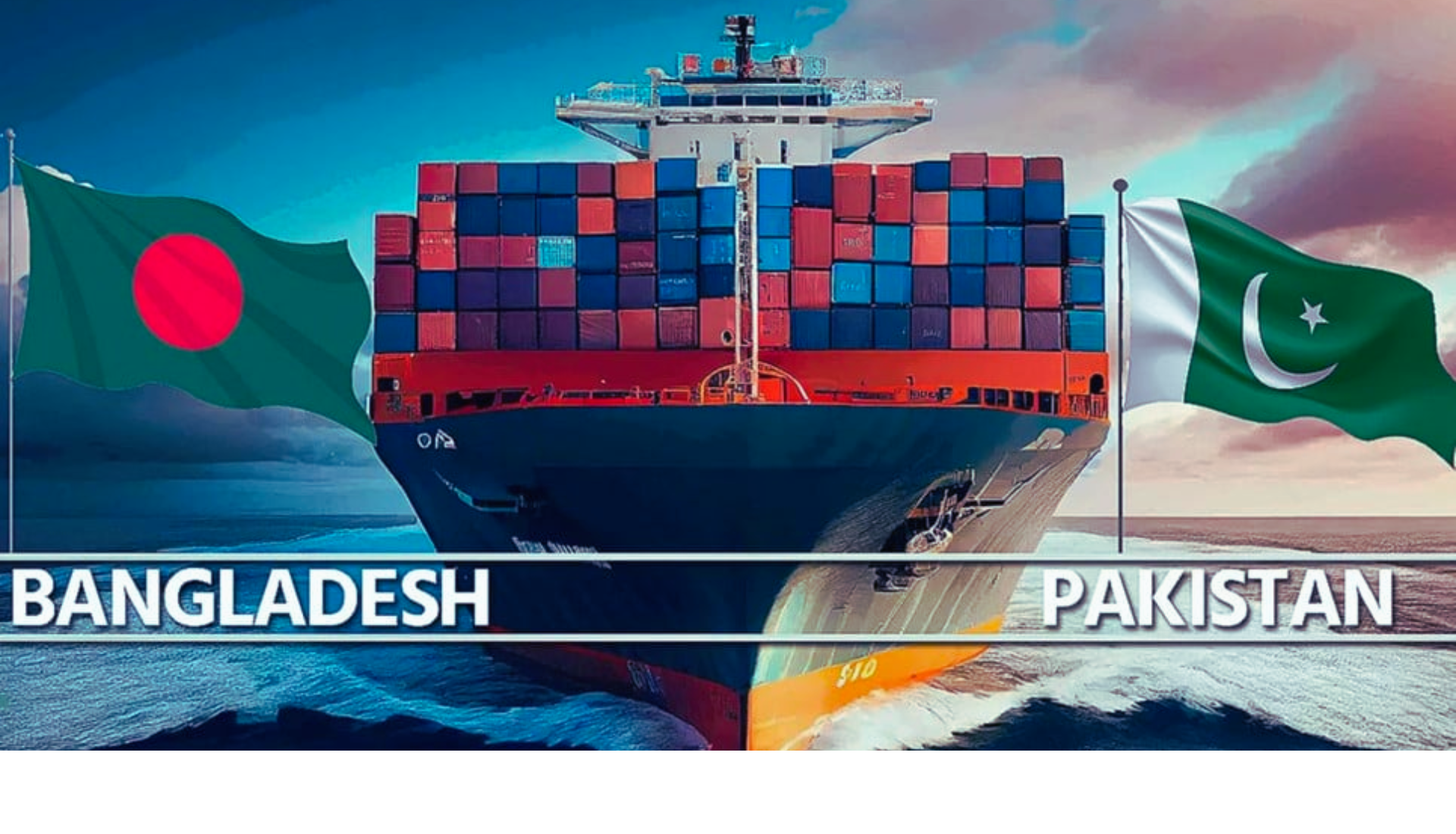
Pakistan–Bangladesh Rapprochement: Promise of New Maritime Corridor
Pakistan and Bangladesh explore a shared maritime corridor to boost trade, rebuild trust, and shape South Asia’s economic future

Pakistan and Bangladesh explore a shared maritime corridor to boost trade, rebuild trust, and shape South Asia’s economic future
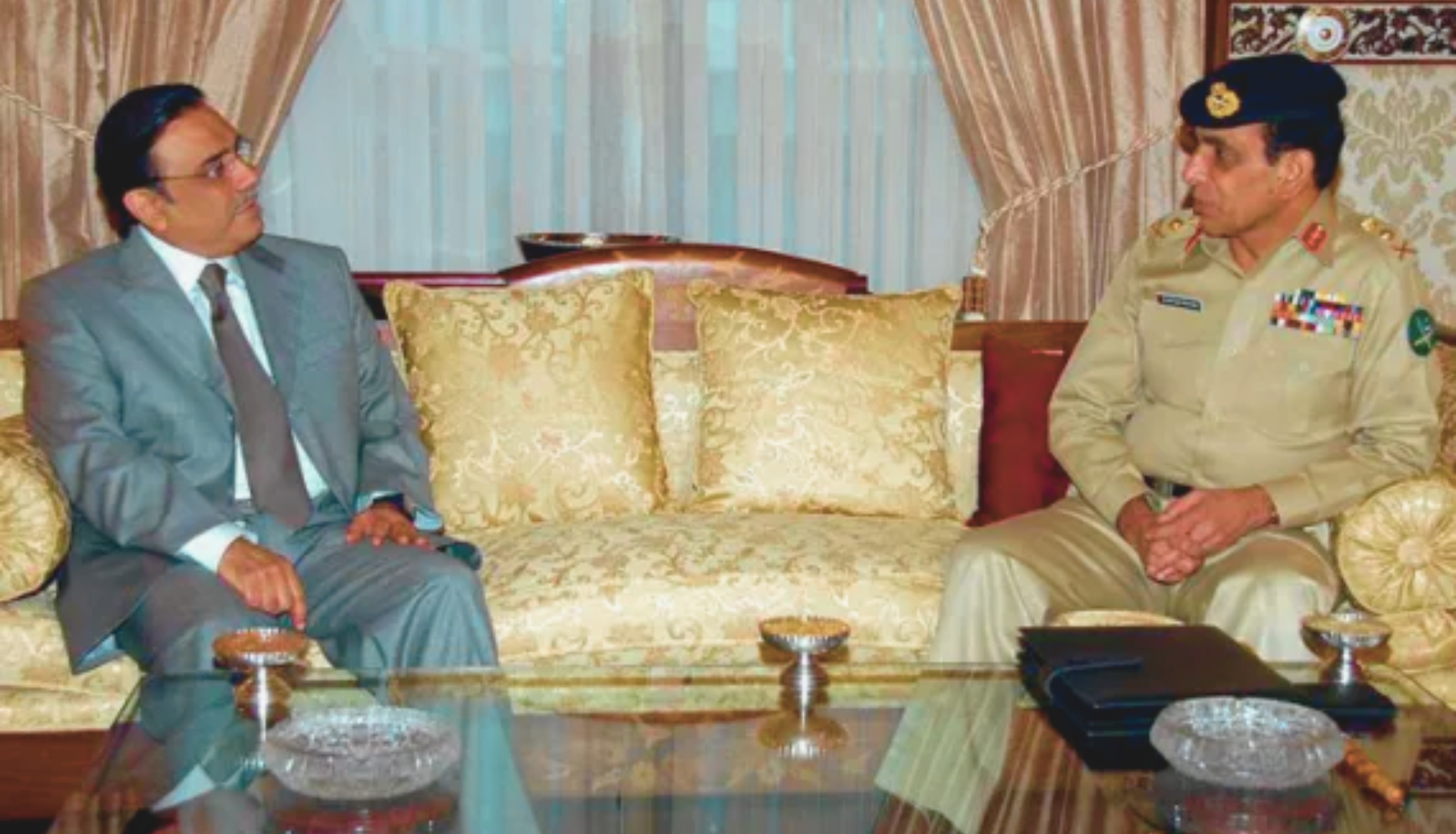
Midnight Islamabad is when Pakistan civil–military relations and legitimacy vacuum watches, and governments fall until survival wins.

US–China rivalry in the Indo-Pacific is reshaping security, economics, and diplomacy, forcing nations to balance power and alliances.

Censoring information creates the illusion of control, but transparency, access, and critical thinking are key to combating disinformation.
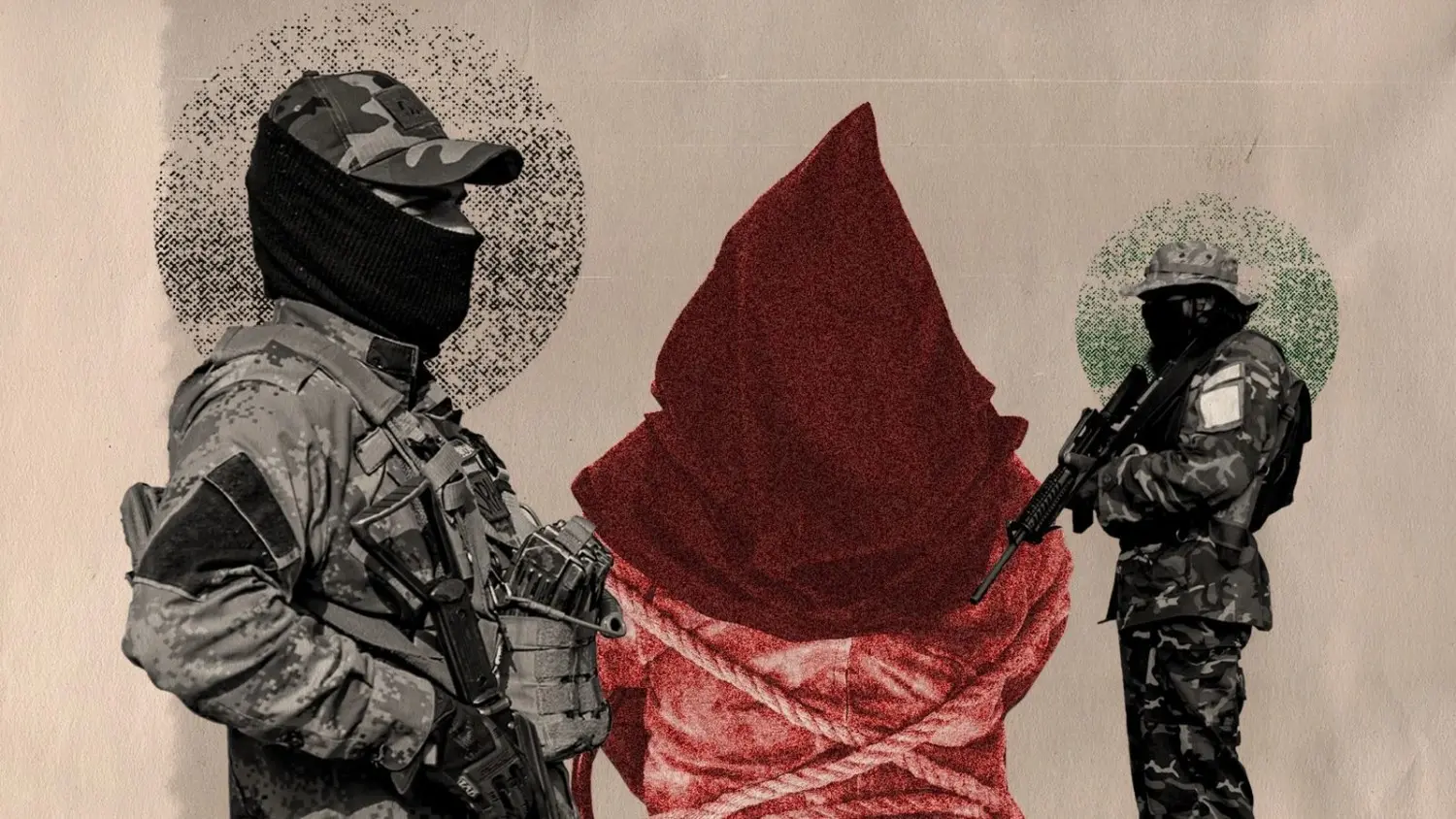
The killing of General Ikramuddin Saree in Tehran was not an isolated act but part of a broader Taliban strategy to hunt opponents beyond Afghanistan, exposing the fragility of exile as protection.
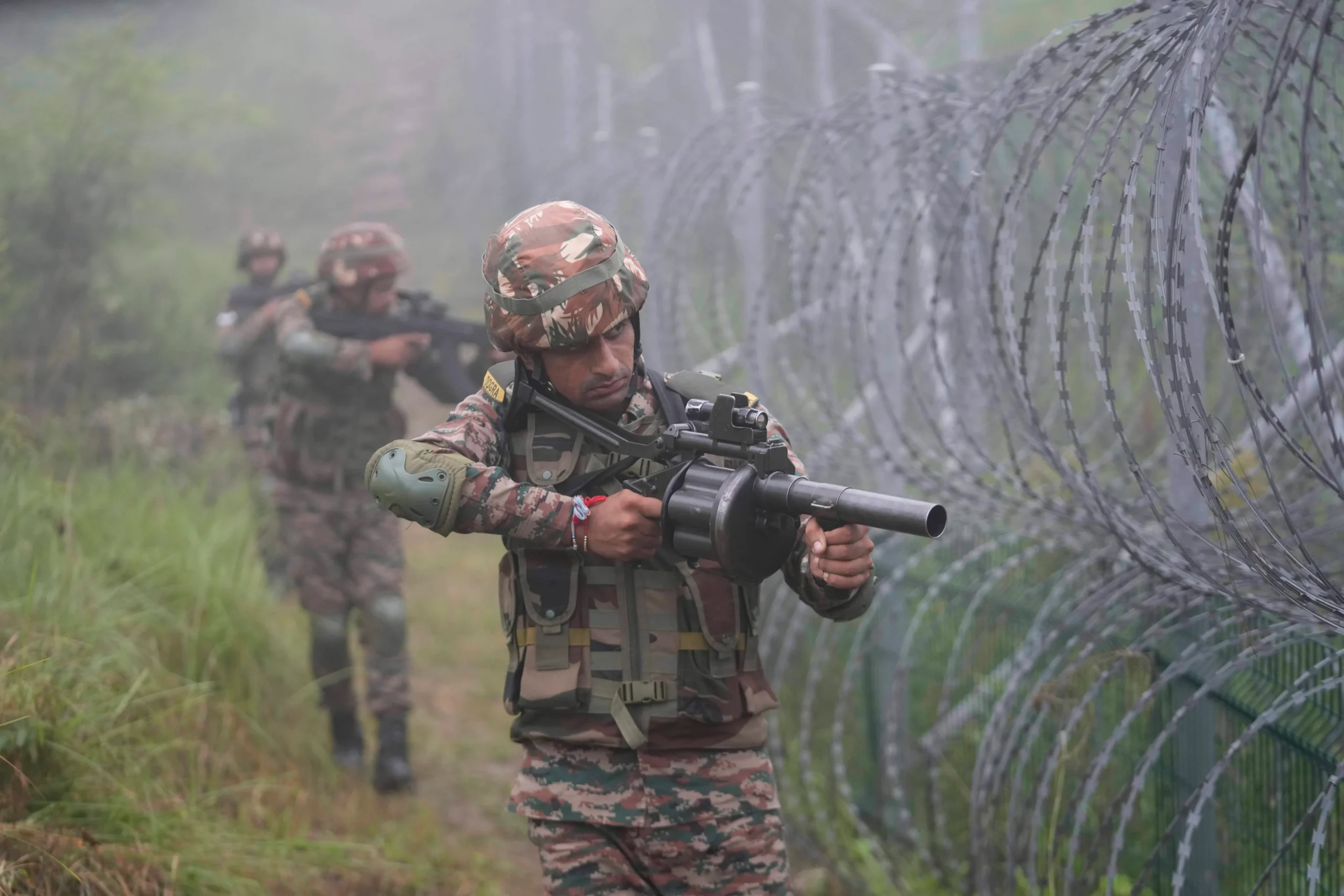
From the Sundarji Doctrine to Cold Start and 2025’s Operation Sindoor, India’s offensive doctrines aimed at rapid strikes against Pakistan repeatedly backfired, exposing operational gaps and narrowing its strategic options in multi-domain warfare.

Despite being one of the world’s most climate-vulnerable regions, South Asia remains deeply fragmented. From failed COP coordination to weak regional institutions, political rivalries and elite interests undermine collective climate action, leaving millions exposed to escalating environmental risks

Qatar’s role in South Asia illustrates how mediation and media narratives can quietly converge into instruments of influence. Through Al Jazeera’s selective framing of Pakistan’s security challenges and Doha’s unbalanced facilitation with the Taliban, neutrality risks becoming a performative posture rather than a principled practice. Mediation that avoids accountability does not resolve conflict, it entrenches it.
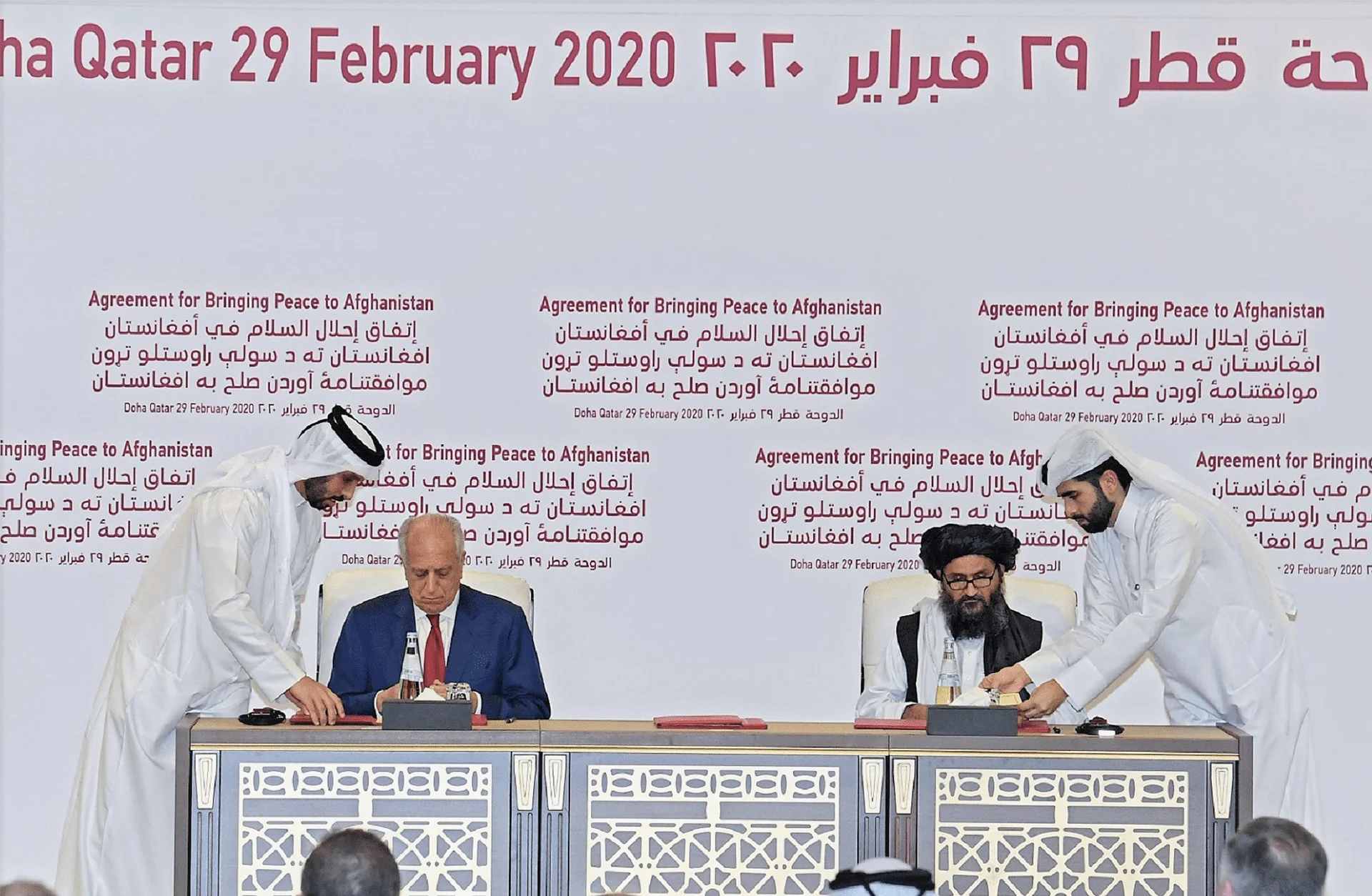
Qatar’s diplomacy has long been framed as pragmatic engagement, but its mediation model has increasingly blurred into political patronage. By hosting and legitimizing groups such as the Taliban and Hamas without enforceable conditions, Doha has helped normalize armed movements in international politics, weakening counterterrorism norms and reshaping regional stability.
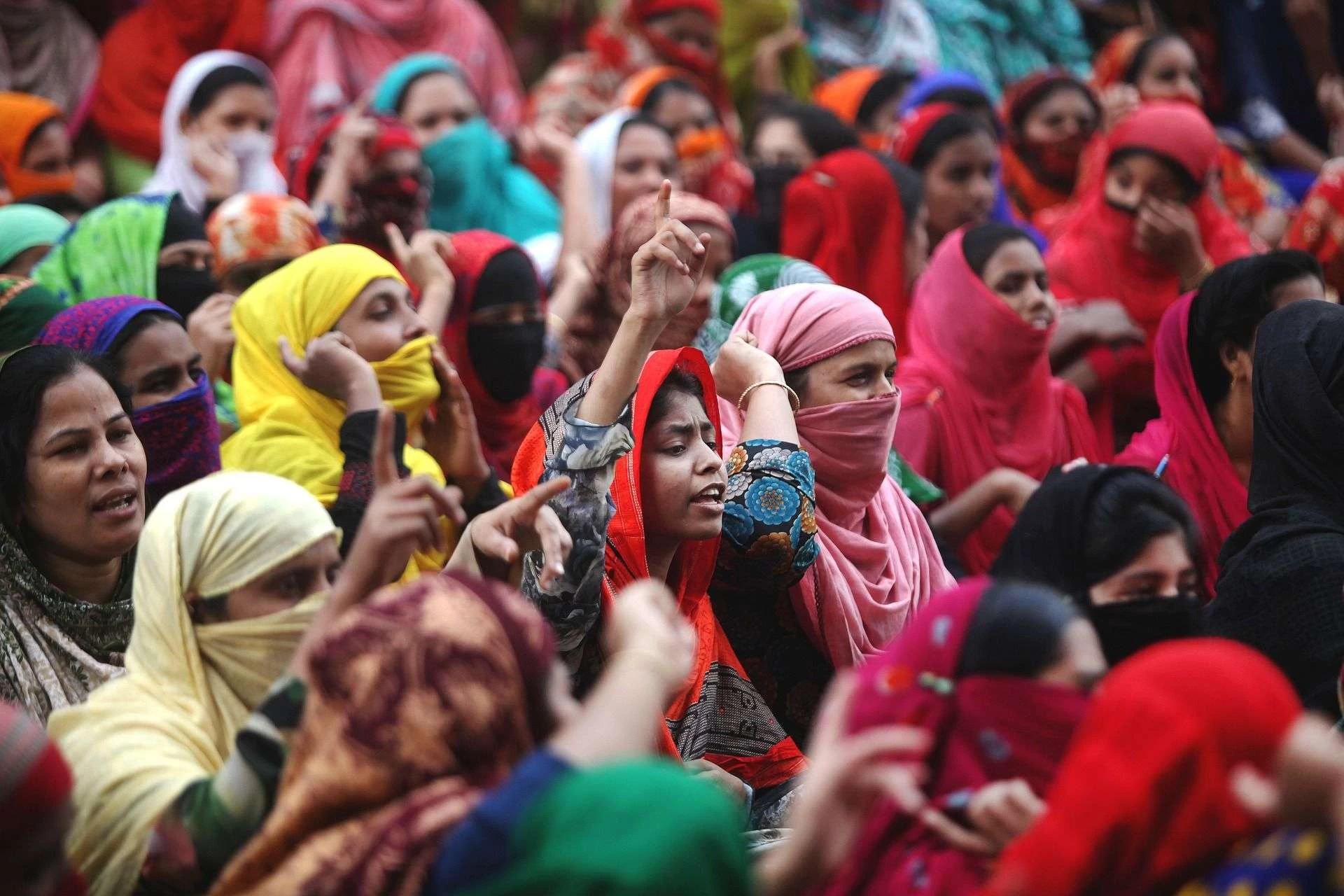
AI is no longer a neutral tool in India’s digital space. A growing body of research shows how artificial intelligence is being deliberately weaponized to mass-produce Islamophobic narratives, normalize harassment, and amplify Hindutva extremism. As online hate increasingly spills into real-world violence, India’s AI-driven propaganda ecosystem raises urgent questions about accountability, democracy, and the future of pluralism.